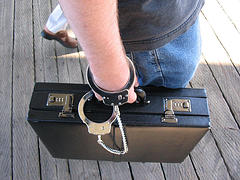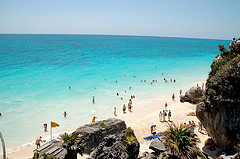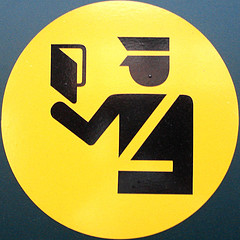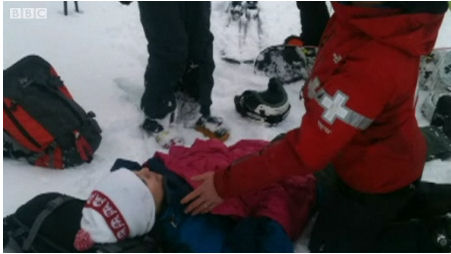 In 2011, the Better Business Bureau (BBB) received over 7,000 complaints nation-wide regarding travel agencies. Many travelers still prefer to work with a travel agent rather than making their travel arrangements on their own using Internet resources, but choosing the wrong agent or agency can lead to disappointment.
In 2011, the Better Business Bureau (BBB) received over 7,000 complaints nation-wide regarding travel agencies. Many travelers still prefer to work with a travel agent rather than making their travel arrangements on their own using Internet resources, but choosing the wrong agent or agency can lead to disappointment.
- Do your own research. A personal referral always carries more weight. Ask your family members, friends, and business partners who they use and go to bbb.org to see how they rate.
- Use an agency you already know. If the company you work for uses an agency for their business travel and you like how they take care of you on business trips, ask if they are willing to help you with personal trips and vacations as well.
Interviewing a travel agency or travel agent
When you think you’ve got a travel agency you like, you’ll want to interview them. Here are some things to ask them:
- Ask whether they provide trip details in writing and ask to see an example. Does it include the details you need to contact the travel agent, the airline, car rental companies, hotels, etc.? If not, you may not have the information you need if a worst-case scenario occurs.
- Ask how they help travelers in an emergency – what they can and cannot do. Travelers stranded in natural disasters, accidents, and medical emergencies can call their travel insurance assistance services for help and even evacuations (depending on the plan). Be sure your travel agent can do at least the same.
- Ask about their trip cancellation and refund policies and review them carefully. Travel insurance lets a traveler cancel their trips for covered reasons, so be sure you know what the covered reasons are with your travel agent.
- Ask if they provide pre-trip vaccination, currency, passport, and weather information. See our post on a family who was turned away at the border for a 3-month passport validity requirement their travel agent should have warned them about.
- Ask if they are travel insurance agents and which travel insurance companies they represent. (You can also review travel insurance companies here too.)
After choosing a travel agency or travel agent
It’s important to remember that your travel agent isn’t taking the trip – you are – and if things go badly your travel agent may be able to help but you’ll still be the one doing the suffering. You, and your family, that is so it’s important to remember a few steps to protect yourself.
- Pay with a credit card. If things go wrong, you’ll have some financial protection and you may have some (but not a lot) travel protection with your credit card as well.
- Verify and print your vacation details, trip insurance details, and reservation details to take with you. See our recommendations for what to take with you on your trip.
If you’re a traveler who prefers not to do all the research and make your own travel plans, then working with a travel agent may be a good idea. Just be sure you understand what you’re getting for your money.








